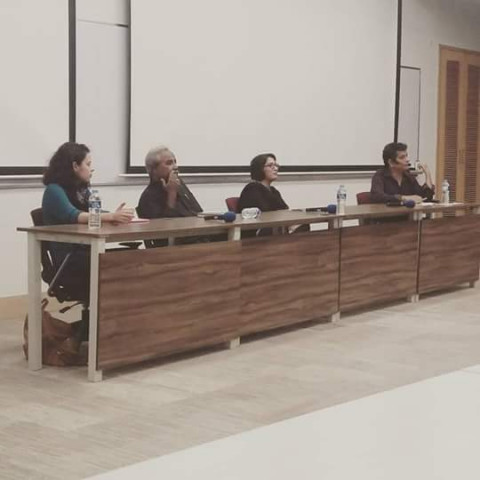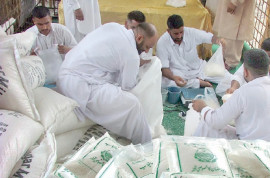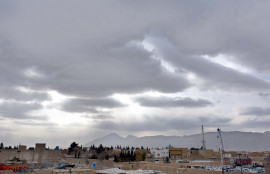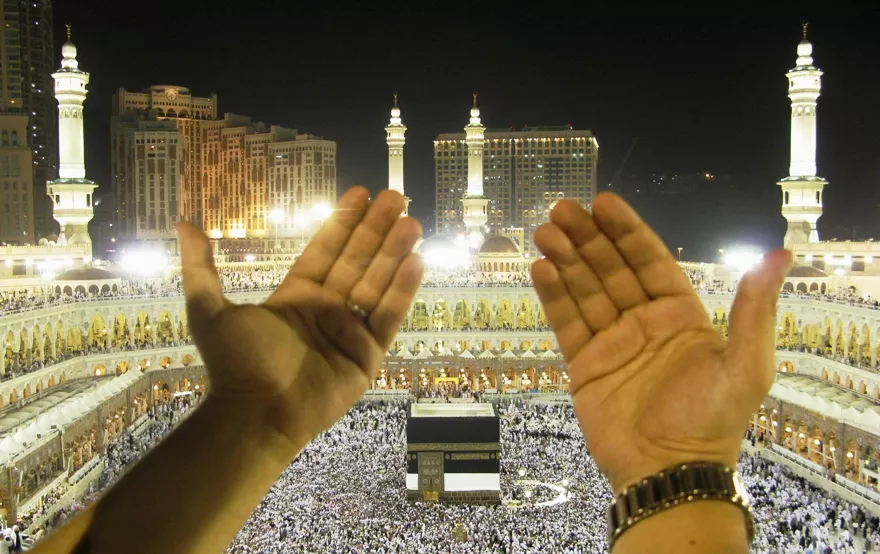
And that is the very problem. When it comes to the real issues, read: civic issues, reporters are generally lazy because they are boring, technical and awfully tedious to comprehend, said Mahim Maher, who spoke from the perspective of an editor who branched out into long form on urban aspects of Karachi. Maher, former city editor at The Express Tribune, was addressing a young audience at Habib University as part of a panel discussion on 'Reporting Karachi'.
Read: Media talk: Journalists discuss future of news in Pakistan
For her, the tiniest details are what matter the most. "A good story is one that has a 360-degree view of the topic," she explained. "Never trust one person who has a stake in the issue you are reporting on." The reporter must speak to everyone who has been or is bound to be affected by the issue at hand. And this is where another important factor comes in. "Reporters in most newspapers who have been covering one beat for too long tend to have what Steven Pinker has called the 'curse of knowledge'," she said. "They understand their subject so well that they tend to forget their readers don't."
Akhtar Baloch — a self-made historian in the words of moderator, Mohammed Hanif, and a Dawn reporter — had some jewels to share too. If you really want to explore Karachi, you must wake up at 7am on Sunday and stroll down MA Jinnah Road and Bunder Road, he suggested. That is where Karachi is at its best — in its glorious past and in the heritage that we have miserably failed to preserve.
The third panellist, Dawn reporter Saher Baloch, felt reporters experience the same inhibitions anywhere in the world and Karachi is no different. "But you just have to get out there and take the initiative," she said. "There are always certain issues that you can't talk about — be it land grabbing in Pehlwan Goth or the presence of political party militant wings in public hospitals." For such issues, we need the likes of Declan Walsh [New York Times reporter] to come and tell our stories, she said with a laugh, the audience following suit.
Karachi operation
By now, the audience had quite warmed up to the panellists, laughing at their jokes and experiences and listening in rapt attention to their suggestions for future journalists. It was at this stage that Hanif decided to throw in the curveball — the Karachi operation. For most people reporting on Karachi, the operation has been an enigma of sorts, with the reporter never knowing for sure how far they may tread, the panellists too preferred to be diplomatic.
For Saher, the operation has provided a false sense of security to the city — a bubble that may burst at any moment with one major incident. Another worry for her is the fact that there is no way for the media or an independent body to verify the details of 'terrorists' killed or captured during the operation. And this is where the crime reporter must do his homework, added Maher. "They must stop taking mere dictation and start cross-questioning."
Akhtar had deeper reservations about the operation. "My major issue is the gradual takeover of Karachi's heritage," he said sombrely, listing the loss of Jinnah Courts, Mitharam Hostel and the Parsi bungalows near the Skin Hospital. "Why does no one talk about the heritage buildings that are the identity of this city?" People may be happy with the apparent peace brought about by the operation today but the long-term effects could be devastating, he warned.
Published in The Express Tribune, October 18th, 2015.


















COMMENTS
Comments are moderated and generally will be posted if they are on-topic and not abusive.
For more information, please see our Comments FAQ